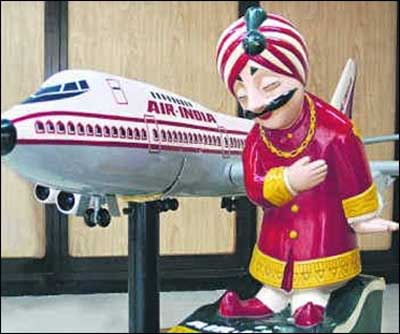
As with almost any government-run company, political interference has been a perpetual source of Air India's problems.
The induction of four representatives from the private sector as independent directors to oversee the national carrier's turnaround was supposed to leaven the weaknesses associated with political control with wise and disinterested counsel.
But last week's controversy over senior appointments, which ended in the dismissal of the chief operating officer of subsidiary Air India Express, Pawan Arora, suggests that at Air India, the more things change, the more they stay the same.
. . .
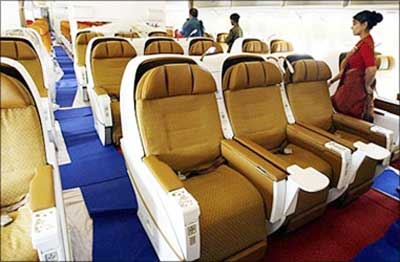
The fact that another high-profile appointment in the airline is also under the scanner only enhances this notion.
Consider Arora's appointment.
He was hired at an annual salary of Rs 1.2 crore (Rs 12 million) by Air India's recently appointed and highly paid COO Gustav Baldauf. Certainly these salaries -- Baldauf is reportedly paid an annual salary of Rs 3 crore (Rs 30 million) -- are not high by private sector standards.
But they are humongous by public sector standards -- and certainly eye-popping for an organisation where overstaffing and wage bills are major contributors to its losses and extreme union pressure precludes the downsizing option.
. . .
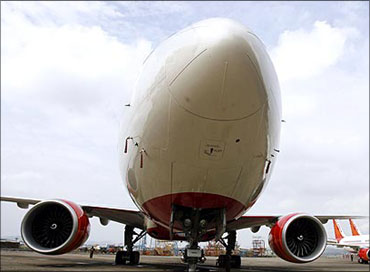
Given that, it is only logical that the four independent directors -- M&M's Anand Mahindra, Ficci's Amit Mitra, Ambuja Realty's Harsh Neotia and former air chief marshal Fali H Major -- who chose to take their jobs seriously, questioned both Arora's appointment and those of Stefan Sukumar, Air India's chief of training (Rs 1.2 crore or Rs 12 million a year).
Immediately before Arora's appointment, he had been removed from the Directorate General of Civil Aviation as flight operations inspector on grounds that he had never been approved as an examiner.
. . .
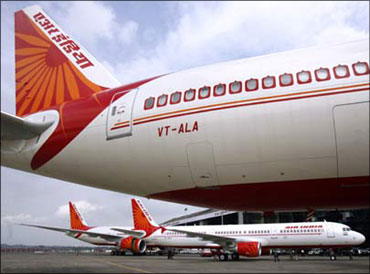
Yet, when the independent directors raised objections to his appointment, they were told that there were no adverse reports from IndiGo (where he worked before) or DGCA, a patent falsehood.
Arora was also issued his appointment letter before the board approved his appointment. In any listed company, the requirements of transparency would have prompted the board and shareholders to grill the chief executive.
And Arvind Jhadav does have some explaining to do. But it is telling that the four independent directors chose to meet T K A Nair, principal secretary to the prime minister, to protest against Arora's appointment.
. . .
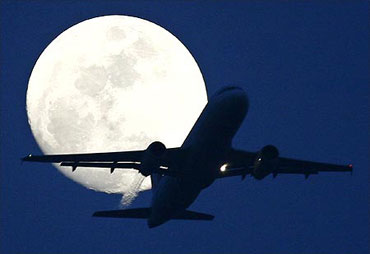
Stefan Sukumar's appointment is another case in point.
He is an instructor on A300 and A310 models that are being phased out and are not in Air India's fleet, which mostly comprises Boeing 777s and Airbus A320s.
His appointment was considered too specialised to be advertised.
His appointment, too, was cleared over board objections.
He has earned some reprieve via a board-appointed panel set up to examine the manner of his appointment.
. . .
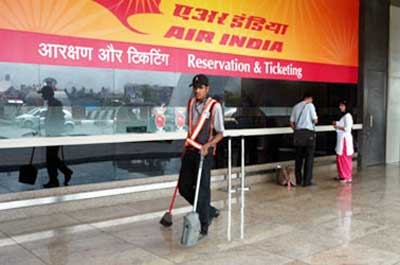
This, too, is strange and uniquely governmental.
Either a board approves of an appointment or it doesn't. If it doesn't, the company concerned needs to start another head hunt.
Why should a panel need to examine the decision? Sadly, these needless controversies caused by habitual lax governance practices are only likely to hamper an airline that has the capacity to ride the upturn much more strongly than any private airline.